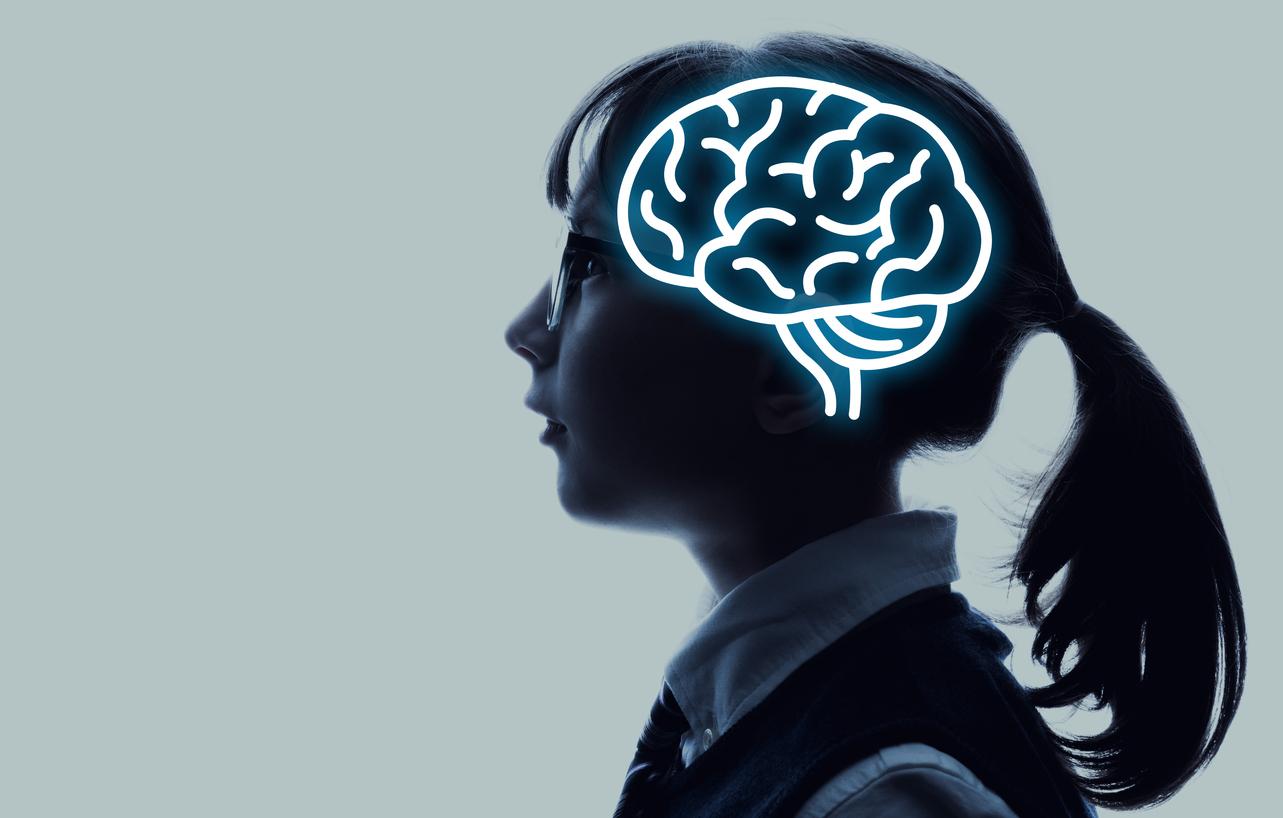It should revolutionize diagnosis and the role of the doctor. L’artificial intelligence is now able to detect diseases in children, as well as a pediatrician. The prowess of this algorithm, created by the team of Pr Kang Zhang from the University of California (United States), is detailed in a study published in the journal NatureMedicine this Monday, February 11.
To mimic the clinical reasoning of a healthcare professional, the program actually “trained” with data from more than 1.3 million consultations of young patients at the pediatric medical center in Canton, in the south of China.
For this, the researchers integrated the natural language processing (TALN). The machine was thus able to analyze spontaneous speech, as opposed to predefined sentences. The ability to synthesize all the medical data – blood test results, X-rays, description of symptoms, patient’s medical history, notes taken by the doctor – was also taught to him.
Help for doctors
Using deep learning, the artificial intelligence finally reached a “very high level of relevance”, as it was able to diagnose influenza in 94% of cases, chickenpox in 93%, or hand-foot-mouth infection syndrome at 97%. But beyond common diseases, she has also identified life-threatening conditions, such as bacterial meningitis with a 96% success rate.
“With enough training, I think she will be able to perform most of the duties of a doctor.says Professor Kang Zhang, questioned by AFP. She won’t replace them […] but it can help them do their job better, faster and with lower costs. »
The growing role of artificial intelligence
Last January, American researchers had already announced that they had designed a program, integrated into a simple smartphone application, capable of identifying hundreds of rare genetic diseases. At the same time, a study of National Cancer Institute revealed that an algorithm had succeeded in detecting, from images of the cervix, precancerous cells in 91% of cases. The human expert had diagnosed it at 69%. Conventional examinations (cervical smear) at 71%. “Artificial intelligence is set to play an increasing role in the future”concludes Professor Kang Zhang.
Read also :
- An artificial intelligence to predict the awakening of the coma?
- This artificial intelligence analyzes your personality by scanning your eyes
















